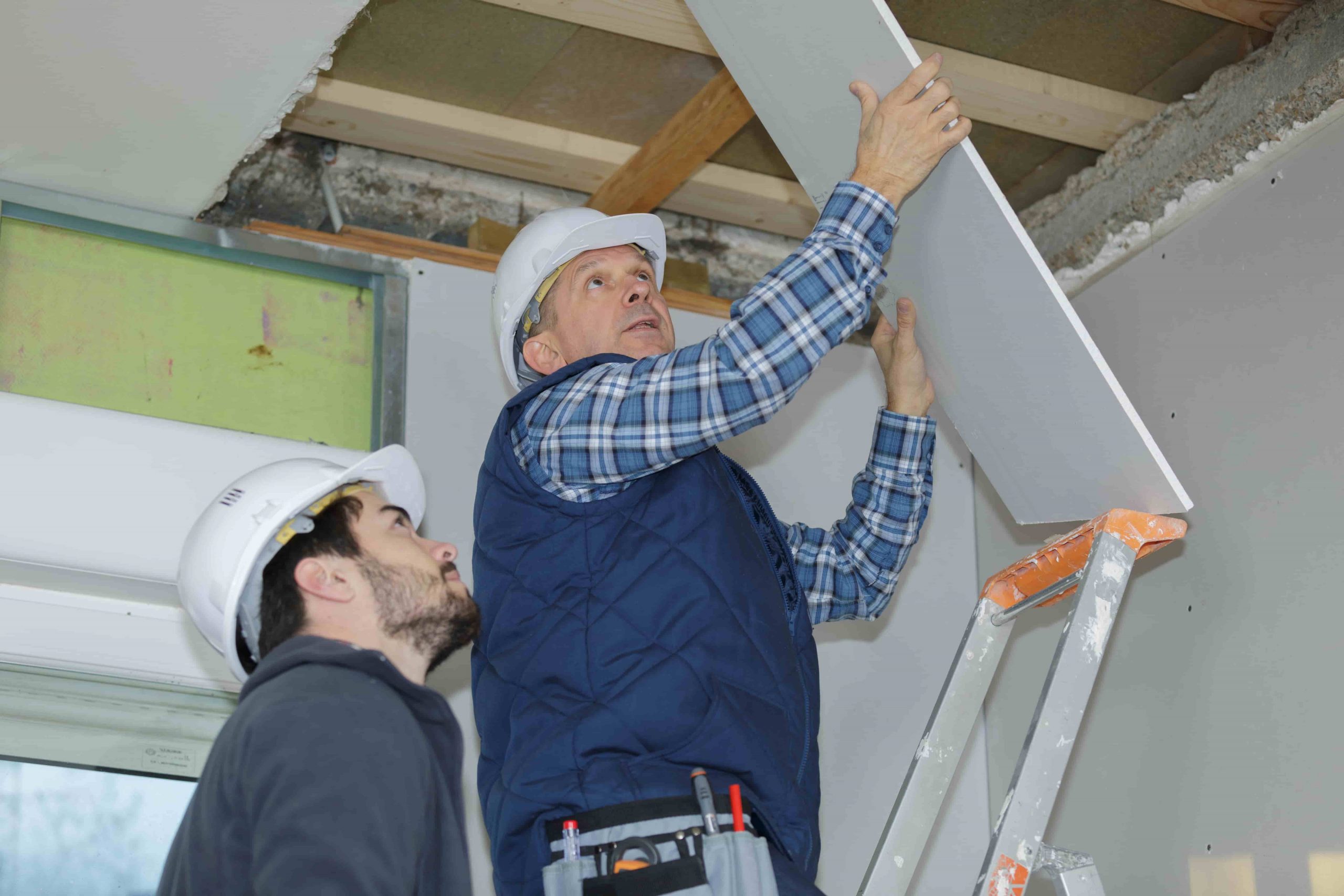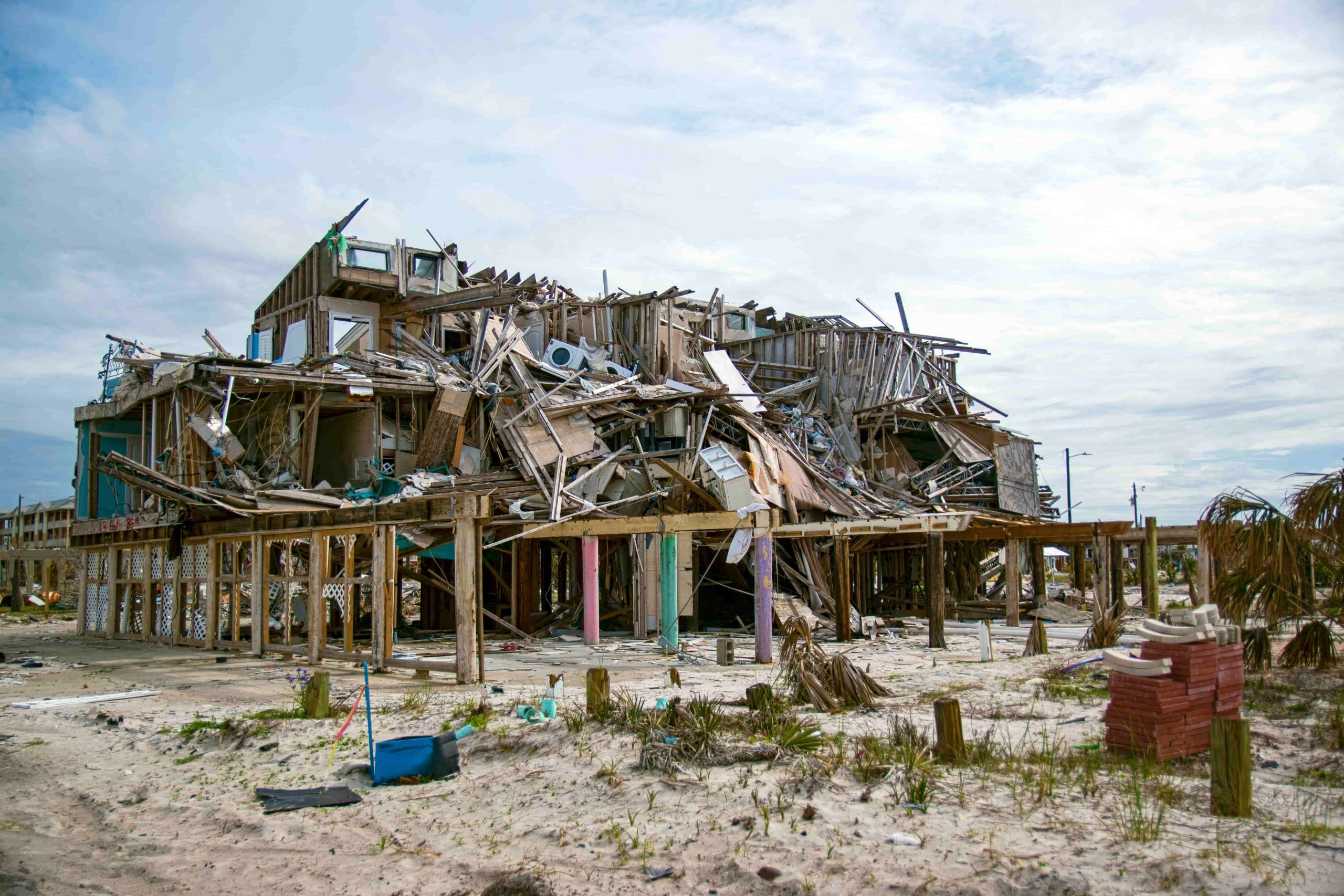When it comes to filing an insurance claim, many people underestimate the power of having a good public adjuster by their sides. In reality, this is one of the best tools that any property owner can have in the event of a disaster or any kind of property damage.
As public adjusters, we find it increasingly important to educate people who own properties on how we can assist them with their property insurance claims. Whether you are currently dealing with property damage or simply preparing yourself in case something goes wrong, it is beneficial to understand why we fight for you so you can take advantage of the helpful services we provide.
What Is a Public Adjuster?
The process of filing a property insurance claim is not one that many people are familiar with or prepared for. When purchasing a property, one of the last things that come to mind is anything bad happening to the property.
While property damage is not something that anyone wants to deal with, it is, unfortunately, a risk that all property owners face. Whether there is a natural disaster, a fire, or even theft, the only way to prepare for unforeseen circumstances is to hold a property insurance policy.
When you pay a premium fee every month to your insurer, you are guaranteeing your own protection against anything that might happen that is out of your control. In the event that you suffer loss or damage, the normal procedure is to call your insurance company to file a claim, which will hopefully result in receiving a settlement check to cover all costs.
This is exactly where public adjusters come in.
Many people don’t actually know what a public adjuster is, considering how the topic is easily confused with other roles within the insurance claims process.
A public adjuster is a professional in the insurance industry who works independently with property owners who are dealing with property damage claims. Public adjusters speak for property owners, representing them throughout the entire claims process and ensuring that everything is done correctly within the claim.
This is not to be confused with a claims adjuster, which is a professional that works with the insurance company. They will essentially be the ones handling your case and determining how much money will be paid out for your final settlement. Since claims adjusters work for the insurance company, they will not share your best interest, which is why property owners turn to public adjusters for assistance.
In order to work with a public adjuster, you will need to hire them on your own and bring them in on your case to guide you through the technicalities. Public adjusters have no connection to your insurance company, meaning that their sole purpose will be to assist you as the property owner, collecting a fee from your settlement after the claim is closed.
How Can A Public Adjuster Help Me?
Public adjusters are essentially tasked with the responsibility of representing property owners against their insurance companies when they suffer loss or damage within their properties.
This includes a wide range of job duties, all of which fall under the best interest of the insured. The responsibilities of a public adjuster that pertain to property owner’s insurance claims are listed down below
The Responsibilities Of a Public Adjuster:
- Assess and evaluate damage/loss
- Determine fair costs for repairs
- Filing property insurance claims correctly
- Communicating with property insurance companies on behalf of the property owner
- Negotiating settlement amounts and expediting process
- Retrieving the highest possible settlement
The first thing that your public adjuster will most likely do is assess the damage or loss that you have experienced within your property. From there, they will be able to come up with an evaluation and determine a fair cost to get your property fully repaired.
On top of making these professional assessments and letting you know what you should expect, they will file your insurance claim for you in the best possible manner. Once your adjuster submits your claim, they will communicate with your insurance company on your behalf, meaning that no additional actions will be necessary until the closure of the case.
The process will conclude after your adjuster has negotiated your settlement amount and you have received your final check of the highest possible value.
This Is How a Public Adjuster Can Help You:
- Preventing mistakes with your claim
- Protecting you against your insurance company
- Improving the overall outcome of your claim
Along with completing their standard job duties, your public adjuster will come as a benefit to you in a variety of ways. Since most property owners are not experienced with property insurance claims, there are a lot of potential mistakes that can happen when going through the process alone. With a public adjuster, you can rest assured that they know exactly what to submit in order to get your insurance company to pay.
By acting as the middle-man between you and your insurer, your adjuster will protect you against any tricks that your insurance company might have up their sleeves. Unfortunately, insurance companies frequently take advantage of property owners who are going through a claim without representation. With the help of a public adjuster advocating for you, there will be no need to worry.
Finally, your public adjuster will improve the overall outcome of your claim. Property owners who file claims on their own might not know exactly how much money they are entitled to, nor how to make sure they receive it at the end of the process. This is not the case with a public adjuster, who will be able to grant you a larger settlement than you could realistically achieve yourself.
When Should I Speak With a Public Adjuster?
After you have suffered any kind of loss or damage on your property, it is vital that you know exactly how to proceed with the insurance claims process when it involves a public adjuster. Like many other things, there is a right time to consult a public adjuster, which all property owners should be aware of for the best results of their claim.
A good rule of thumb to follow is calling a public adjuster within 48 hours of discovering the damage, if not much sooner. This will give your adjuster time to properly assess what has happened before it gets worse.
The right time to consult a public adjuster not only has to do with the time frame that the damage has occurred but the timeline of your claim as well. As the property owner, you should never enter into the claims process on your own. This is a job for your public adjuster, who will initiate everything for you within the ideal 48 hour time frame of discovery.
Along with consulting your public adjuster at the right time to protect yourself, it is important to know what to look for and consider before doing so.
The Characteristics Of a Good Public Adjuster:
- Holds necessary requirements and credentials
The public adjuster that you hire must hold all necessary requirements and credentials, including a valid license in your state. You should never hire door-to-door public adjusters, and should only consider those with great references and a high success rate.
In addition, your potential adjuster should behave professionally, meaning that you should never feel pressured or as if you are being scammed. Great public adjusters are upfront about their fees, and will not try to overcharge you.
Before coming to the final decision of which public adjuster you will bring to your case, all of the below questions should be considered.
Things To Consider Before Hiring a Public Adjuster:
- Is your public adjuster licensed in your state?
- What is your public adjuster’s relevant experience?
- How many other claims has your public adjuster taken on in addition to yours?
- Who will be handling your claim?
- What will be the terms of your contract?
One of the most important questions to find the answer to is whether or not your public adjuster is licensed in your state. It is a legal requirement that your adjuster is qualified to practice in your area before becoming involved in your claim.
The rest of these necessary questions can and should be asked directly to your public adjuster before you hire them. Along with the relevant experience that your adjuster possesses, you will need to ask them how many other claims they have taken on aside from yours.
What Else Do I Need To Know About Public Adjusters?
If you are filing a claim due to damages that occurred due to some kind of accident or other unexpected events, you might not need to worry about how full your adjuster’s plate. However, if you have experienced a natural disaster that affected many other properties in your area, it is much more likely that your adjuster will not have as much time to focus on your claim alone, which is something you have the right to know before you sign anything.
While your public adjuster will be the only one that you communicate with throughout the process of your claim, there is no telling who else they will be working with. In some cases, public adjusters will work with law firms or other colleagues on property damage claims. Ask your adjuster who exactly will be handling your claim or have access to it once your contract starts.
Lastly, you will need to discuss the terms of your agreement in depth before you enter into one. This includes the fee and payment structure of your deal, as well as how lenient termination is. In the event that you want to get out of the contract, how will you be expected to pay?
Are you still able to get in contact with your insurance company throughout the duration of the claim, or will this be handled by your adjuster exclusively? All of these factors should be considered and discussed with your public adjuster before moving forward.
How Do Public Adjusters Help Property Owners?
As professionals in our industry, public adjusters are known for our tireless work ethic and the fight we put up for each policyholder we represent. After learning about the roles and responsibilities that come with the job, many property owners are quick to wonder why we are willing to fight for them to win their claims.
First and foremost, we have advanced knowledge of the insurance industry that the average property owner is not expected to possess. On the other hand, it is very easy for insurance companies to take advantage of those who do not.
Therefore, our primary goal as public adjusters is to help those in need of the unique services we provide. In other words, this is what we are great at, and we use our skills to the fullest extent when working on each and every claim.
Aside from our expertise, we as public adjusters make our living only by winning claim settlements for property owners. The average payment structure will be a percentage of the final settlement check, meaning that the claim must be fully won before any reward is given. As a result, public adjusters work just as hard as property owners would themselves to speed up the process and obtain the highest possible amount.
The reason why we fight for you, though, is the fact that we are all property owners too. As human beings, we understand the stress and sorrow that comes with losing something within your property to natural disasters, theft, and any other unforeseen damages.
Trust Your Large Loss Adjuster To Help With Property Insurance Claims!
We understand that we could all find ourselves in the same situation, which is something that no property owner wants to deal with. For this reason, we do our absolute best to fight for other property owners and give the outstanding service that we would expect for ourselves and our families in a time of need.
For all of these reasons, establishing and building a relationship with a public adjuster that you trust is one of the best ways to protect yourself against unforeseen circumstances as a property owner. When your insurance company fails to protect you, you will have a representative there to catch you and retrieve the settlement money that you need to rebuild your life as much as you possibly can.
The best part is that we only charge 10% of the final settlement!
Reach out to Your Large Loss Adjuster to find out how we can help you handle the hassle of your property insurance company after your property is damaged as a result of a storm, fire, or even vandalism. Here at Your Large Loss Adjuster, we work our hardest to make sure that you get the largest possible settlement from your insurance company!










